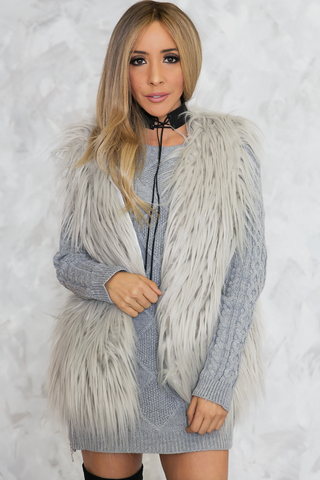

When cats encounter strange humans or other cats they don’t know, they usually greet them with an unblinking stare. Your cat might also be secretly signalling their affection in the way they look at you. Some cats also use an upright question mark shaped tail to greet someone they like, or to motion that they want to play. Cats also show these signals to humans.Ī tail held in the upright flagpole position shows a friendly intention (the feline equivalent of a wave), indicating familiarity, trust, and affection. When cats greet members of their social group they show signals to indicate friendship and a desire to move closer. One of the most obvious signs that your beloved pet is fond of you, is the way that your cat greets you. Cats have scent glands on their flanks, head and around their ears, and often rub their heads against people and objects that are familiar and comforting.ĭoes your cat rub its head or side against your legs? The soft sensation you feel against your calves is actually your cat identifying you as a friend and is a huge compliment. In particular, cats use scent to identify members of their social group or family, by sharing a group scent profile. Their attachment to humans is partly influenced by their experiences of being handled by people as a kitten.Ĭats behave towards humans in the same way that they respond to their feline friends, so the secret of whether your cat feels bonded to you lies in their behaviour. While they may not rely upon people to feel safe as dogs do, many cats show affection towards their guardians and seem to highly value the company of their human companions. However, during the process of domestication, cats developed the ability to form social relationships not just with other cats, but also with people.

The wild ancestors of our cats didn’t live in social groups as canines do. Dog people like to smugly point out dogs’ long history as humankind’s best friend.īut research shows cats’ reputation as a cold and aloof pet is undeserved.īecause of their evolutionary ancestry, domestic cats are, by their nature, more independent than dogs. ( The Conversation) – Even the most devoted cat owners wonder at some point, perhaps waking up in a cold sweat in the middle of the night, whether their cat really loves them.


 0 kommentar(er)
0 kommentar(er)
